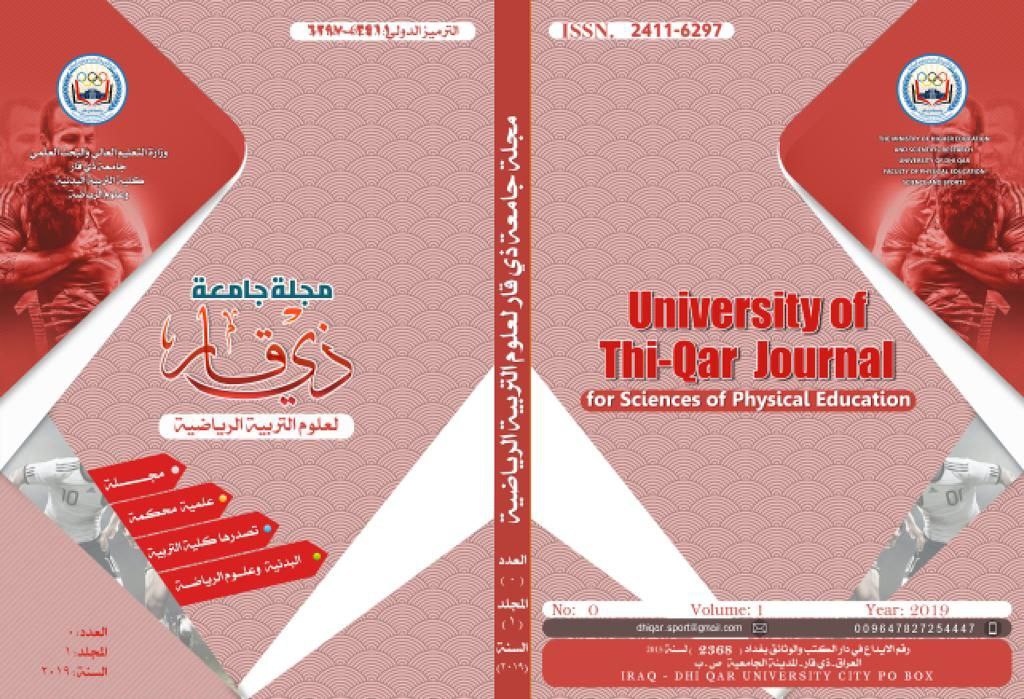Organisational culture and its role in developing the dynamic Managerial capabilities of Iraqi Premier League football clubs
DOI:
https://doi.org/10.32792/utjspe.v2i3.1.627Abstract
The research aims to:
- Identify the level of organisational culture in Iraqi Premier League football clubs, from the perspective of their administrative body members.
- Identify the level of dynamic administrative capabilities in Iraqi Premier League football clubs, from the perspective of their administrative body members.
- Identify the nature of the relationship and the role played by Iraqi Premier League football clubs' organisational culture in developing their dynamic administrative capabilities.
The researcher used both survey and correlational methods to adopt the descriptive approach as a research methodology. The research community was defined as the members of the administrative bodies of the Iraqi Premier League football clubs, numbering (178) members, who constitute the administrative structure of (20) clubs. The main research sample included all members of the research community. The main sample was then divided into three subsamples: the exploratory sample, which comprised (8) members of the administrative body; the preparation sample, which consisted of (102) members; and the application sample, which consisted of (6U) members. To collect the required data, the researcher prepared two questionnaires: the first to measure the level of organisational culture in the Premier League football clubs, and the second to measure the level of dynamic administrative capabilities in those clubs. After applying the two questionnaires and extracting the results, the researcher reached a set of conclusions, the most important of which are:
- The football clubs participating in the Iraqi Premier League possess an average organisational culture, which demonstrates an urgent need to enhance and develop the managerial culture in these clubs, as the current culture does not rise to the level required to support outstanding and continuous performance.
Iraqi Premier League football clubs are characterised by an average level of dynamic administrative capabilities. This indicates that these clubs suffer from a deficiency in the dynamic administrative capabilities necessary to adapt to the rapid changes in the modern football environment, which threatens their ability to compete and achieve sustainability
Downloads
Published
Issue
Section
License
Copyright (c) 2025 University of Thi-Qar Journal for Sciences of Physical Education

This work is licensed under a Creative Commons Attribution 4.0 International License.









